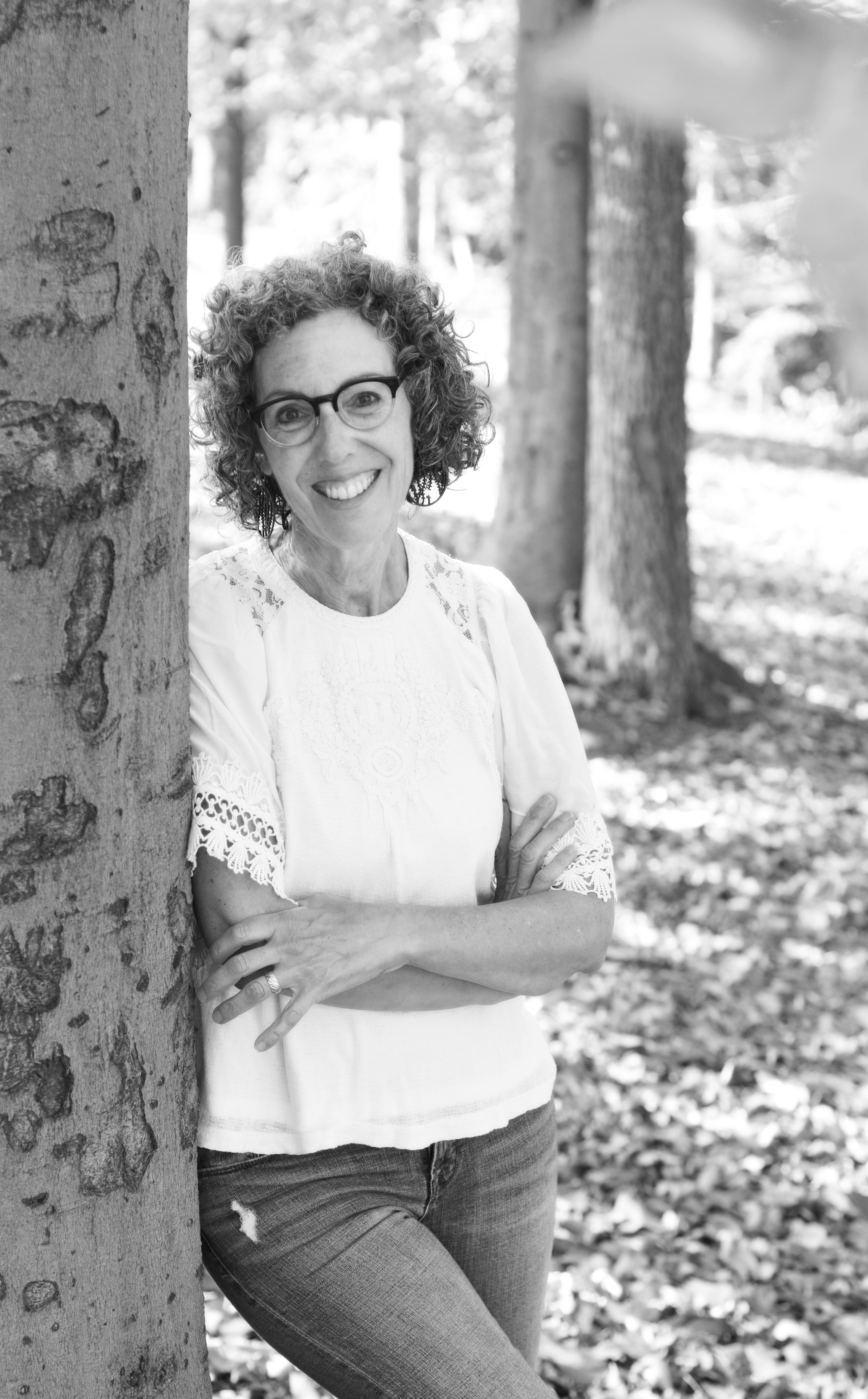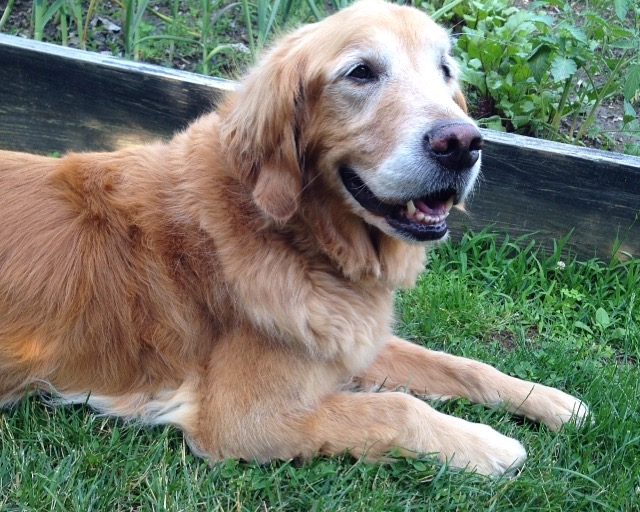One from the archives (2015)—missing both my Roger and this beautiful priest.
Father Michael Szupper’s room is second on the left, in a quiet wing of the Oblates of St. Frances de Sales’ Annecy Hall. I gently knock on his door, which is slightly ajar, and say, “Good morning, Father Szupper, it’s Denise and Roger. Would you like a visit?”
I wait for the sound of his voice, which is often too faint to discern. Roger, my ten-year-old Golden Retriever knows the custom, and at my request, sits and waits along with me. Sometimes, through the crack in the door, I see the back of the priest’s motorized recliner move as he positions himself to welcome us. After a time, I hear him indicate he’s ready.
Leaving the dark hall, we enter the room. Roger instinctively knows to be calm here. I whisper, “Gently,” but he already knows. Maneuvering around the black wheelchair, Roger approaches Father from the front, putting his head right near the man’s hand.
“Roger Dodger! Hey, buddy. Working hard?” he asks.
Though movement is difficult for Father Szupper, he places his fingers on Roger’s forehead moving them back and forth in a gentle massaging motion, and uses words I don’t understand. They seem to speak the same language.
I enjoy my visits with this kind man. There is a quiet strength about him that needs no words to convey. There is a television in his room, but I’ve never seen it on. On both sides of his chair are tables piled with books; often he sets down the German Bible he’s been reading when we arrive. A Charlie Brown Christmas tree with one red ornament sets on a TV tray against the wall. Next to it is an empty bird cage.
Our conversations are about the weather, his love for football, and his past experience as Chaplain at the University of Delaware. He tells me about his sheepdog—Tiel von Eulenspiegel—whom he would set free among the college students during study time and announce, “Okay, study break!”
He shifts slowly, but with purpose. Each movement is measured. When I ask how he’s feeling, he minimizes the obvious pain in his arm by saying, “It hurts, but no one is going to take away my food.”
Inevitably the conversation reverts to Roger. He gets quiet as he watches me interact with my dog. In his peaceful room, I sense contentment, and an equal amount of longing. He stares out the window and speaks of the birds that he views from his chair.
“They’re very large black birds with big wing spans,” he says. “They fly above the tree line out there, and they just soar.”
“Turkey vultures,” I suggest.
I wonder if he considers their freedom. I look at the newly-hung feeder in the tree just outside his window, and notice the way in which his eyebrows raise, and his eyes widen when a Dark-eyed Junco lands for a meal.
On this day, I ask him something I’ve never broached before: what do our visits mean to you? He takes a moment to consider his response, and says, “It reconnects me with the real world.”
I was quiet, meditating on the significance of his words. Before that time, I hadn’t considered that his only experience of the outside world was through the windows in his room—and by our weekly, Tuesday visits. When Roger enters his room, a change occurs. Father shares about their unique way of communicating.
‘It’s like an friend who says, ‘How are you doing, Buddy?’” he explains. “I don’t have to answer correctly with words. Words clog everything up.”
He continues, “Here, there are questions, ‘Did you eat your breakfast?’ Here, we are well-organized and on time. But when he comes in, who cares about hair or dirt? Snow or ice?”
When Roger and I visit we bring the outdoors in. By feeling Roger’s fur, Father Szupper knows if it’s rained. He knows the temperature because we bring it with us. The routine stops when we arrive.
I was moved by the way the priest spoke of my dog as a companion.
“The bonds of friendship are stronger than the barriers of society,” he says. “With friends, the fences come down, and you come as you are.”
As we rise to leave, Roger backs himself away from Father’s recliner, much as a tractor trailer
removes itself from a tight spot, and he navigates around the wheelchair. We make our way toward the door and I say, “It was good to see you,” to which he responds, “It is good to be seen.”

